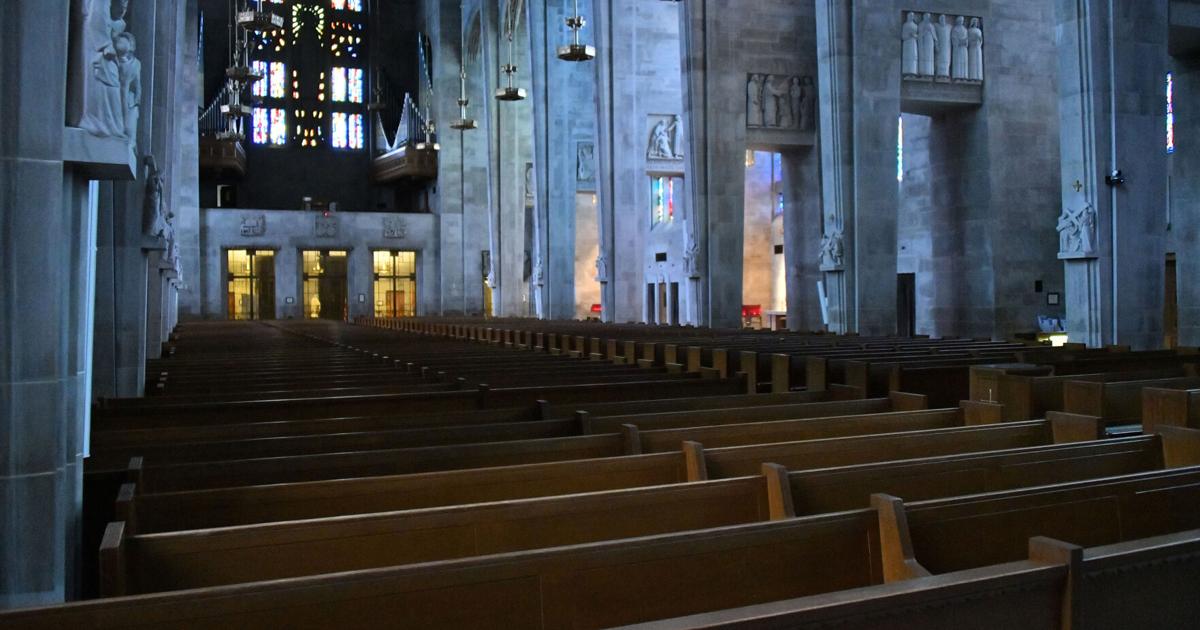
BALTIMORE — Monday is the deadline for the Maryland Attorney General’s Office to give a Baltimore judge a redacted version of its 456-page report into the history of sexual abuse within the Catholic Archdiocese of Baltimore, clearing the way for its public release.
The report is the product of a four-year investigation and will detail the rape and torture of more than 600 children and young adults at the hands of clergy and other diocesan officials going back eight decades, as well as the church’s efforts to cover up the abuse and silence victims.
The report, which has been completed since November, cannot be released without the judge’s permission because it relies heavily on information obtained through a grand jury subpoena, and grand jury materials are secret under Maryland law.
On Feb. 24, Baltimore Circuit Judge Robert Taylor ordered the report’s release, writing that the “need for disclosure outweighs the need for secrecy.”
“Keeping this report from the public is an injustice,” Taylor wrote.
However, Taylor ordered that many of the names in the report — those of perpetrators and of enablers — need to be redacted, meaning they initially will not be publicly visible. At least 208 names are going to be withheld from this version of the report, with Taylor determining those people deserved to be notified and given a chance to argue whether they should remain anonymous. Of the 208, some are dead, according to the attorney general’s office.
A less-redacted version of the report may be released in the future, Taylor wrote.
Democratic Attorney General Anthony Brown issued a statement Feb. 24 saying his office would prepare the redacted report “expeditiously.”
David Lorenz, the Maryland chapter director of the Survivors Network for those Abused by Priests, told The Baltimore Sun that many survivors are uneasily awaiting the report’s release, as it will simultaneously vindicate them and dredge up past traumas.
“We hope that the publication of this report will allow victims and their families to take the shame and the guilt and the horror and remove it from our own psyche and place it squarely where it belongs, at the feet of the abuser and those who enabled them,” Lorenz said. “Hopefully, this report will set us free, at least in part.”
Archbishop William E. Lori has said he does not oppose the report’s release and that the church would continue to cooperate with the attorney general’s office and the courts. The archdiocese also, however, paid the legal costs for an anonymous group of people named in the report but not accused of abuse who sought to keep all court proceedings in the matter secret.
The archdiocese has more than half a million Catholics and operates parishes, schools and other institutions in Baltimore City and nine counties across Central and Western Maryland.
With the General Assembly currently examining whether to make more victims of child sexual abuse eligible to file lawsuits, Taylor wrote that part of his reason for ordering a swift release of the report was to aid lawmakers. The legislative session ends April 10.
The Senate Judicial Proceedings Committee voted 10-1 on Friday to advance the Child Victims Act, which would repeal a statute of limitations for child sexual abuse lawsuits and open a retroactive “lookback” window for victims to sue abusers regardless of when the abuse happened.
The report, which would represent the most significant public accounting to date of child sexual abuse in the Catholic Church in Maryland, likely figures to play into the debate in Annapolis as the bill proceeds through the legislature — provided it is released before the final votes are held.
The Maryland Catholic Conference, the public policy arm of the Baltimore archdiocese and two others that operate within the state, opposes the bill, believing it is unconstitutional and plans to challenge it in court should it pass.
———
